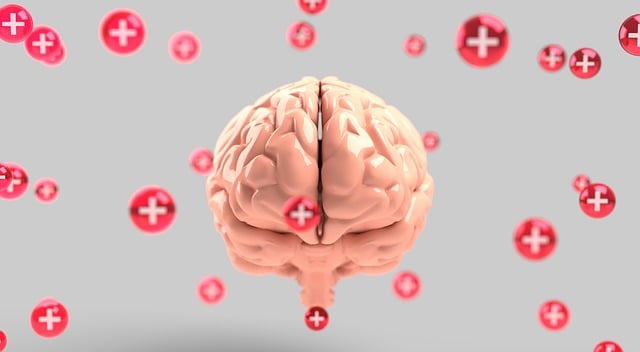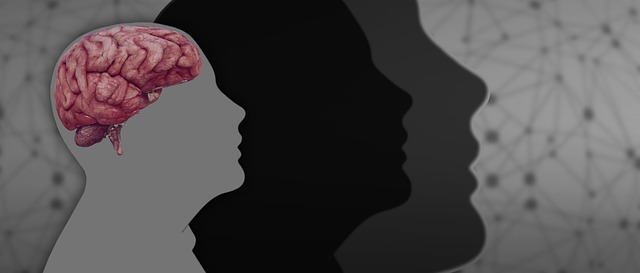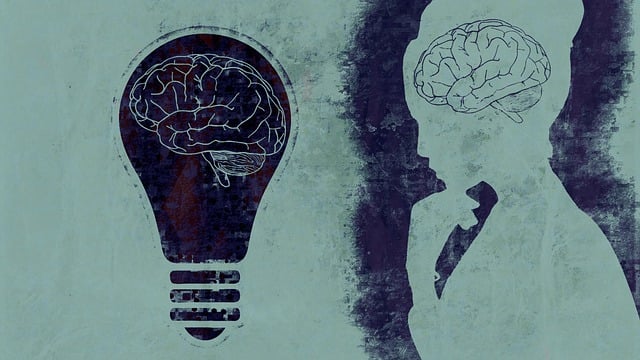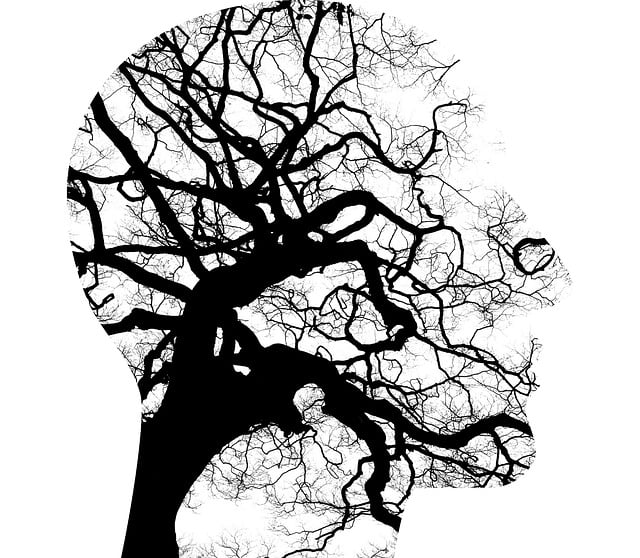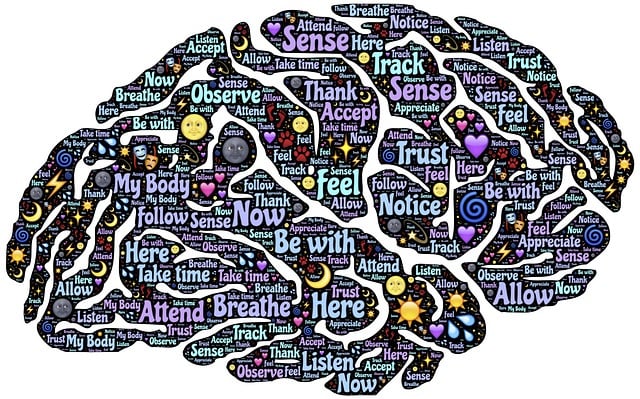Depression, affecting millions globally, requires early recognition through Englewood Gender Identity Therapy's holistic approach. Targeting subtle signs like persistent sadness and sleep changes, their programs empower individuals with Trauma Support, Social Skills Training, and Confidence Boosting. Through personalized therapy, self-awareness exercises, education on mental health and gender identity stressors, and lifestyle adjustments including exercise and stress management, the program reduces depression risk and promotes long-term mental well-being. Seeking professional support from therapists at Englewood Gender Identity Therapy, along with engaging community resources, is crucial for effective management and prevention of depressive episodes.
Depression is a common yet serious mental health condition affecting millions. Understanding its signs and symptoms is the first step towards prevention. This article explores diverse strategies to combat depression, from holistic approaches like Englewood Gender Identity Therapy, focusing on overall well-being, to lifestyle adjustments for improved mental resilience. We also highlight the significance of professional support and community resources in preventing and managing depression effectively.
- Understanding Depression: Signs and Symptoms
- Englewood Gender Identity Therapy: A Holistic Approach
- Lifestyle Changes for Better Mental Health
- Seeking Support: Professional Help and Community Resources
Understanding Depression: Signs and Symptoms

Depression is a complex mental health condition that affects millions worldwide. Understanding its subtle signs and symptoms is the first step towards prevention. Individuals experiencing depression may exhibit a persistent feeling of sadness, loss of interest in activities once enjoyed, changes in appetite and sleep patterns, fatigue, difficulty concentrating, and feelings of worthlessness or guilt. These symptoms can significantly impact daily functioning, making it challenging to manage responsibilities and maintain social connections.
At Englewood Gender Identity Therapy, we recognize that recognizing these signs early is crucial for effective intervention. Our Trauma Support Services cater to individuals who have experienced traumatic events, as trauma is often a contributing factor to depression. We also offer Social Skills Training and Confidence Boosting programs designed to equip clients with coping strategies and enhance their overall well-being. By addressing these underlying issues, our approach aims to prevent the progression of depression and promote long-lasting mental resilience.
Englewood Gender Identity Therapy: A Holistic Approach

Englewood Gender Identity Therapy offers a holistic approach to depression prevention, addressing the interconnectedness of mental, emotional, and social well-being. This method recognizes that each individual’s experience with depression is unique, especially within the context of their gender identity. Through tailored therapy sessions, clients engage in self-awareness exercises to explore and understand their emotions, leading to improved emotional regulation skills. By fostering a safe and supportive environment, the therapy enables individuals to navigate complex personal challenges and build resilience.
The holistic approach also incorporates mental health education programs designed to empower clients with knowledge about depression, its causes, and effective coping strategies. These programs encourage open discussions around gender identity-related stressors, promoting self-acceptance and reducing feelings of isolation. By combining these techniques, Englewood Gender Identity Therapy aims to prevent depressive episodes and foster long-term mental well-being in a comprehensive and personalized manner.
Lifestyle Changes for Better Mental Health

Englewood Gender Identity Therapy emphasizes lifestyle changes as a powerful tool to enhance mental well-being. Adopting healthier habits can significantly reduce the risk of depression and improve overall resilience. This includes regular physical exercise, which releases endorphins, boosts mood, and promotes better sleep—all vital for maintaining emotional balance. Additionally, cultivating strong social connections through meaningful interactions and building a supportive network can provide a sense of belonging and help mitigate feelings of isolation, a common trigger for mental health issues.
The Stress Management Workshops Organization recommends integrating stress-reducing practices into daily routines. Techniques such as mindfulness meditation, deep breathing exercises, and yoga have been scientifically proven to lower anxiety levels and promote mental clarity. Furthermore, effective communication strategies, encouraged by the Risk Management Planning for Mental Health Professionals, can help individuals express their feelings and thoughts openly, fostering understanding and reducing the burden of emotional distress.
Seeking Support: Professional Help and Community Resources

Depression is a serious mental health condition that can be effectively managed with the right support and resources. Seeking professional help is a crucial step in preventing and mitigating depression. Therapists, such as those at Englewood Gender Identity Therapy, play a vital role in providing personalized treatment plans, including talk therapy, medication management, and strategies for self-care routine development. Engaging in regular sessions can help individuals navigate their emotions, identify triggers, and cultivate coping mechanisms tailored to their unique needs.
Beyond individual therapy, tapping into community resources can significantly enhance mental health awareness and support. Support groups offer a safe space to share experiences, gain different perspectives, and build a sense of belonging. Mental health education programs design structured workshops and seminars that educate individuals about depression’s symptoms, risk factors, and available treatment options. By combining professional help with community engagement, individuals can create a robust foundation for maintaining mental well-being and preventing depressive episodes.
In addressing depression prevention, a multifaceted approach is key. While understanding depression’s signs and symptoms is crucial, adopting lifestyle changes and seeking professional help when needed can significantly enhance mental well-being. The holistic strategies discussed, such as the comprehensive services provided by Englewood Gender Identity Therapy, offer valuable support. By combining these methods with community resources, individuals can navigate and overcome depressive episodes, fostering a more balanced and resilient mindset.


